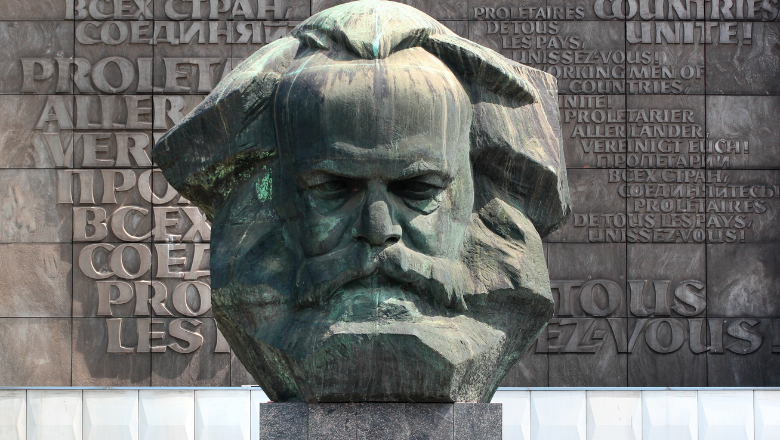Diaspora and Cultures of Migration
King's Building, Strand Campus, London

Kevin B. Anderson (University of California): Marx’s Late Writings: Theories of revolutionary change and of alternatives to capitalism
In his last years (1869-83), Marx sketches three types of revolutionary change, each of them different from the united working class uprising that forms the conclusion of the first volume of Capital. Important as that rigorously dialectical, though abstract model is, it does not deal with race, colonialism, gender, the state, or other concrete factors discussed in some of his other writings, especially his late – largely unpublished – ones. In 1869-70, Marx speculates that a British workers uprising might be sparked by one in Ireland led by the peasant-based Fenian nationalist movement. Inside Britain, English chauvinism and prejudice towards the Irish blunted working class solidarity and retarded formation of class consciousness in that country, which was nonetheless a key factor in global revolution. (These Marx writings build upon those of the 1860s on race, class, and revolution during the US Civil War.) During the 1870s, Marx clarifies and deepens his concept of communism, as seen in the Civil War in France (1871), where he sketches non-statist forms of free and associated labor that go far beyond the more centralist and statist notions put forward in the Communist Manifesto. (3) In his 1877-82 writings on Russia, Marx suggests that the directionality of revolution was moving from Eastern to Western Europe. The struggle of Russia’s communal villages against capitalist encroachments could lead to a form of modern communism, if this resistance could link up with the Western European labor movement. He made similar links to struggles in Algeria, India, and Latin America, sometimes with gender as an important element.
Kevin B. Anderson teaches in the Department of Sociology at University of California, Santa Barbara, with affiliations with Political Science and Feminist Studies. He is the author or editor of several books, including most recently The Late Marx’s Revolutionary Roads: Colonialism, Gender, and Indigenous Communism (2025). He is also an editor of The International Marxist-Humanist.
Search for another event

